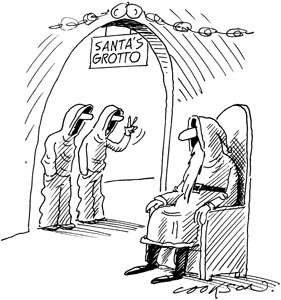A unique acoustic
Robin Holloway on the unique orchestra layout that produces the Festspielhaus’s unique acoustic There was no space in my report last month, on a first visit to the Bayreuth Festival, for what was in retrospect its most exciting quart d’heure, a privileged informal investigation of the unique orchestra layout that produces the Festspielhaus’s unique acoustic.


